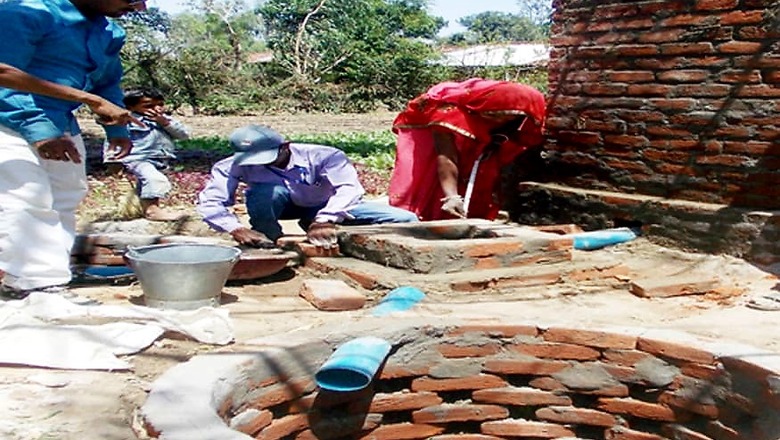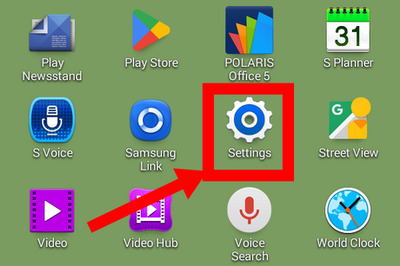
views
New Delhi: A study conducted by the Quality Council of India (QCI) found that the number of toilets in households across the country has almost doubled since Prime Minister Narendra Modi launched his ambitious Swachh Bharat Mission in 2014.
QCI, under its Swachh Survekshan Gramin 2017 survey, covered nearly 1.4 lakh households spread across 700 districts. The surveyors, who visited each household to physically verify if it had a toilet, found that less than three out of every 10 households in the country (26.75%) lack the basic facility.
This is a marked improvement from the 2011 census report, according to which nearly 50 percent households did not have a toilet or an individual household latrine (IHHL).
Data on usage of the toilets is even more revealing when it comes to judging the impact of the campaign. In the survey, QCI also found that nine in 10 (91.29 percent) rural households that have access to a toilet are using it. The same numbers were recorded in urban areas as well.
The Swachh Survekshan 2017 also measured how the cities faired in solid waste management. Solid waste has been a major contributor in polluting water bodies, land and spreading dirt in urban and rural areas. Out of the 73 cities surveyed, 54 cities improved their score significantly in the last one year.
The survey further stated that behavioral changes within the people was the biggest challenge in the successful implementation of the Mission. Interestingly, on Sunday, President Ram Nath Kovind declared all 384 cities and towns of Maharashtra open defecation free. Sikkim, Himachal Pradesh and Kerala were the first states to be declared ODF followed by rural Uttarakhand and rural Haryana.
Modi's ambitious project aims to make India open defecation free by 2019.














Comments
0 comment